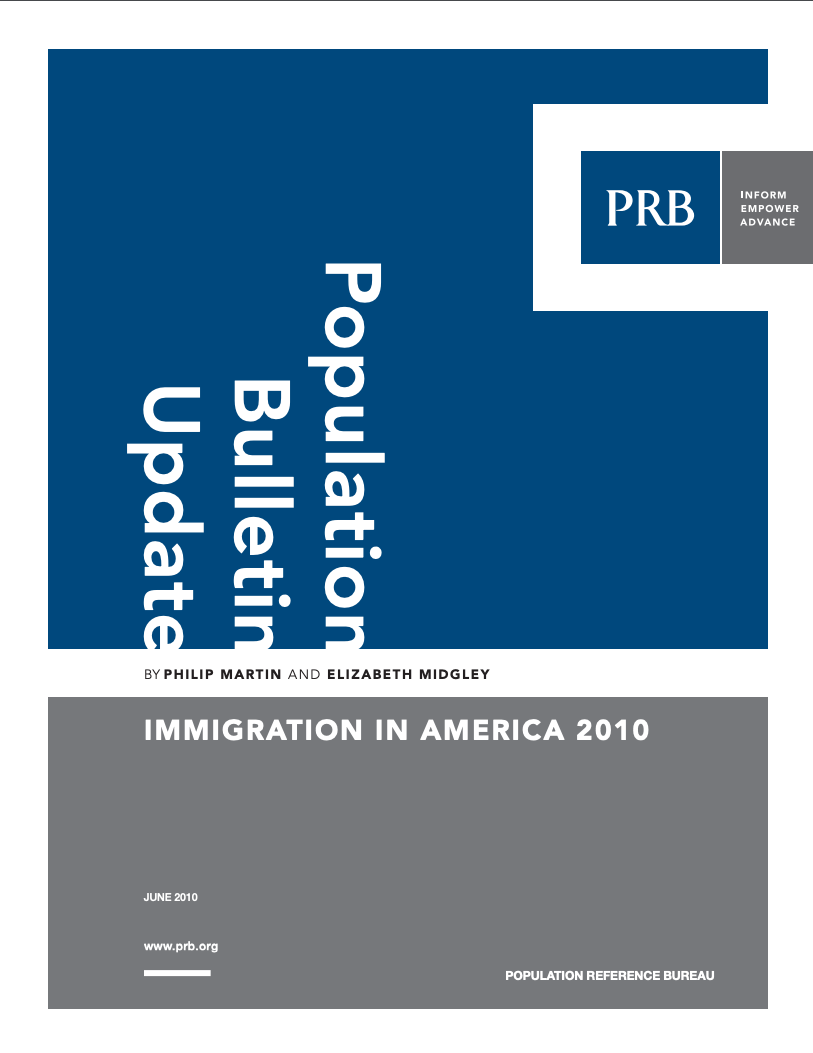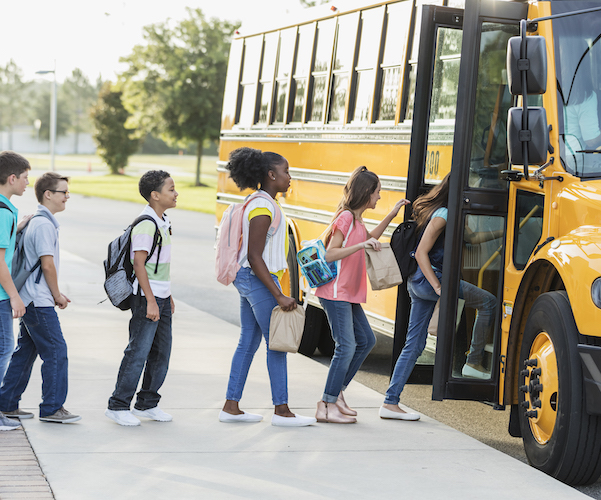212 Search Results Found For : "E %EB%A0%88%EB%B2%84%EB%A6%AC%EC%A7%80%EA%B1%B0%EB%9E%98%7BWWW%2CBYB%2CPW%7D %EB%A0%88%EB%B2%84%EB%A6%AC%EC%A7%80%EB%A7%A4%EB%A7%A4 %EB%A0%88%EB%B2%84%EB%A6%AC%EC%A7%80%ED%88%AC%EC%9E%90%3A%EB%A0%88%EB%B2%84%EB%A6%AC%EC%A7%80%EB%A6%AC%EB%94%A9%E2%91%B8%EC%95%84%ED%8C%8C%ED%8A%B8 wel"


Project: Center for Public Information on Population Research (CPIPR)
Anti-Poverty Tax Credits Linked to Declines in Reports of Child Neglect, Youth Violence, and Juvenile Convictions
A temporary expansion of the child tax credit helped fuel a dramatic drop in child poverty in 2021.
Project: Demography and Economics of Aging and Alzheimer’s Disease
Webinar: How State Contexts Impact Population Health
In this webinar, two distinguished researchers discussed how U.S. state policies and systems can affect racial and regional inequities in health and longevity.

Stepfathers Are Stepping Up—and Stepchildren Are Benefitting
New research links positive relationships with stepfathers to stepchildren’s developmental and socio-emotional wellness
Parents’ Imprisonment Linked to Children’s Health, Behavioral Problems
(2014) U.S. children of incarcerated parents are an extremely vulnerable group, and much more likely to have behavioral problems and physical and mental health conditions than their peers, reports Kristin Turney, a University of California-Irvine sociologist.
PRB Discuss Online: Growing Up in North America, How Are Children Faring Economically?
(2008) Globalization helped increase incomes in Canada, the United States, and Mexico for more than 10 years, but left many children vulnerable economically.
Japan’s Demographic Future
(2010) The phrase "1.57 Shock" was widely used in Japan 20 years ago in reaction to the lowest fertility rate in the country's history.

